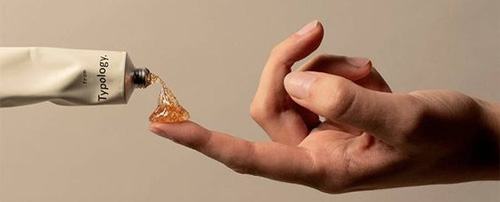What is menstruation?
Menstruation, commonly known as period, is a natural biological process that involves the shedding of the lining of the uterus. It occurs approximately once a month in people with a uterus and usually begins between the ages of 9 and 16. The first period is called menarche.
Why does menstruation occur?
Menstruation is part of the menstrual cycle and is a series of changes that occur in a woman’s body to prepare for possible pregnancy. The endometrium thickens each month to support a fertilized egg. If fertilization does not occur, the body rejects this mucous membrane and menstruation occurs.
Menstrual Cycle
The menstrual cycle usually lasts from 21 to 35 days, with menstruation lasting from 3 to 7 days. It can be divided into 4 phases:
Menstrual phase: Shedding of the endometrium.
Follicular phase: The pituitary gland releases hormones that stimulate the growth of follicles in the ovaries.
Ovulation: On about day 14, an egg is released from the ovaries.
Luteal phase: The body prepares for possible conception. If conception doesn’t occur, the cycle starts again.
Common symptoms
Physical symptoms: cramps, bloating, headaches, breast tenderness.
Emotional symptoms: mood swings, irritability, feelings of sadness or anxiety. Managing menstrual problems
Painkillers: Over-the-counter medications such as ibuprofen or acetaminophen.
Heat therapy: Applying a heating pad to the abdomen can help relieve cramps.
Exercise: Light exercise can help reduce bloating and improve your mood.
Diet: A balanced diet rich in fruits, vegetables, and whole grains can help reduce symptoms.
Menstrual hygiene
Good hygiene is important during menstruation. Change your sanitary products (pads, tampons, menstrual cups) every 4-8 hours to prevent odor and infection. Wash your genital area daily with water and mild detergent.
When to see a doctor
Irregular menstrual cycles:
If your cycle is consistently shorter than 21 days or longer than 35 days.
Heavy bleeding: Menstrual products should be changed every hour or large blood clots will form.
Severe pain: Pain that is not relieved by over-the-counter medications.
Missed Period: When you miss your period without pregnancy or any other known cause.
Supporting Teens Who Are Menstruating
Parents need to create a supportive environment where teens feel comfortable talking about their periods.
Here’s how you can help:
Open Communication: Encourage teens to ask questions and express concerns.
Education: Teach them about the menstrual cycle, hygiene, and how to deal with symptoms.
Empathy: Acknowledge their feelings and experiences. Normalize menstruation as a healthy, natural process.
Be Prepared: Make sure your child has access to hygiene products and knows how to use them.
Conclusion
Understanding menstruation is important for teens and parents alike. It’s a normal part of growing up, and being informed can help them deal with it with confidence and ease. By encouraging open discussions and providing the right resources, parents can help their teens navigate this period with comfort and understanding.


